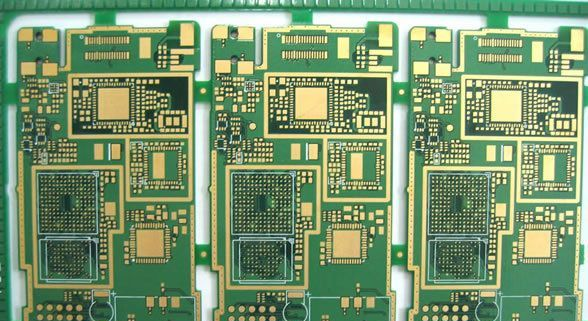Kylin Chemicals has been focusing on R&D, manufacturing and supply of specialty additive technologies to epoxy resin industry for over 20 years. Our novel technologies are marketed & supplied under the trade name KylinCure, serving our customers in the field of composites, coatings, adhesives and electric industries, etc. KylinCure is a group of substituted urea based accelerator for dicyandiamide-cured epoxy resins, significantly reduces the curing temperature without sacrificing the shelf life of the compounds.
Epoxy Curing Agents & Accelerators Epoxy Curing Agents & Accelerators,Curing Agents For Epoxy Resin,Epoxy Curing Accelerating Agent Kylin Chemicals Co., Ltd. , http://www.kylin-chemicals.com


Fingerprint lock can not be reliable, mainly to see the following points
The reliability of fingerprint lock is mainly the security performance of fingerprint lock. The security performance of fingerprint lock mainly comes from the three aspects of “accuracy of fingerprint identification, stability of electronic components, and firmness of ferruleâ€. The accuracy of fingerprint recognition The accuracy of current industry fingerprint identification mainly has two aspects of reference, that is, according to the true rate and false rate. According to the truth rate, the fingerprint lock rejects the probability of actually recording the fingerprint. The false positive rate is just the opposite of the true rate, which is the probability that the fingerprint lock accepts the non-recorded fingerprint. At present, there are no low or high standards for these two probabilities in the industry, and the probabilities vary greatly between companies. It is generally believed that according to the truth rate and fraud rate of less than 5% and 5 parts per million are acceptable ranges. The level of this probability mainly depends on the resolution of the fingerprint recognition module. Currently, the industry-recognized resolution standard is 500 dpi, which is a low standard for ensuring clear identification, safety, and reliability under the existing conditions. Like more clear and more accurate. The stability of electronic components Fingerprint locks are the perfect crystallization of computer information technology, electronic technology, mechanical technology and modern hardware technology. Electronic technology has a decisive role in fingerprint locks, and its stability directly affects the security of fingerprint locks. If the electronic part is not stable, the fingerprint lock may be unresponsive or perform other operations when you perform the operation, and your instructions will be ignored. For example, when you close the door, the electronic components are not stable and the lock door command is not issued. At this time, the door is closed and unlocked. It can be opened by pushing hard. It is a danger to the owner. The stability of the ferrule is the stress point of the whole lock, and it is an important part of the lock. The stability of the ferrule is the most important thing of the whole lock. If the insert is not stable, it will be finished with a few steps. Even if the fingerprint lock technology has reached the height of no one can be enemy is also a fantasy. The degree of stability of the ferrule depends mainly on the material of the ferrule. At present, there are three types of materials for the industry's main ferrules: zinc alloy, iron, and stainless steel. Zinc alloys are lighter in texture and easier to mold and are welcomed by customers. The price is cheap, and it has high strength, so it is often used as a core material.